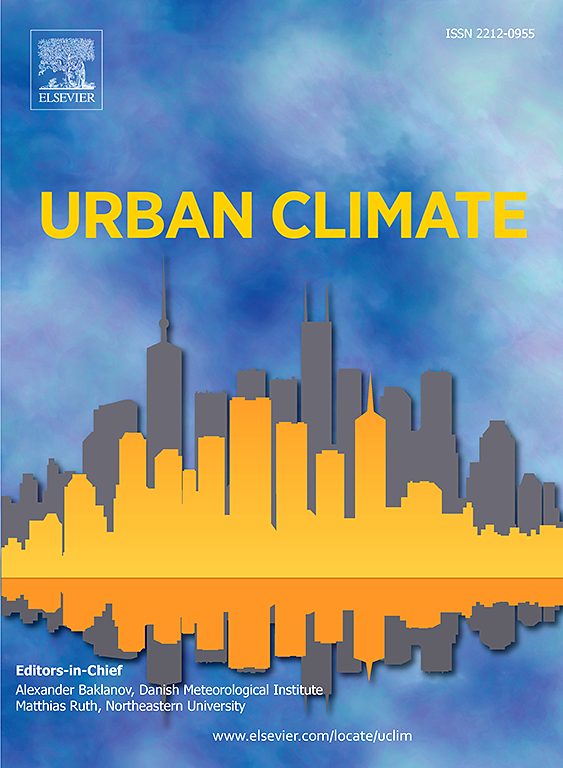人类活动下城市空气质量预测的增强机器学习模型
IF 6
2区 工程技术
Q1 ENVIRONMENTAL SCIENCES
引用次数: 0
摘要
随着工业化和城市化,激烈的人类活动加剧了空气质量变化的复杂性和动态性,对预测工作提出了重大挑战。在这项研究中,提出了一种增强的机器学习模型,用于预测城市空气质量,该模型基于将数据去噪、优化分解方法和误差自适应缩减集成到混合框架中。在分解过程中引入统计方法,提出了具有自适应噪声和阈值的完全集合经验模态分解方法(CEEMDANT),增强了提取突变变化的能力。同时,设计了误差自适应减小策略,增强了模型的鲁棒性,降低了预测风险。该模型通过对北京、上海、广州和深圳四个中国特大城市的空气质量预测的实际案例研究进行了验证。结果表明,CEEMDANT降低了有效信息的损失率16.01%。与传统混合模型相比,误差自适应减小策略的预测精度和稳定性分别提高了9.96%和3.41%。该模型为居民避免健康风险提供了精确的基准。本文章由计算机程序翻译,如有差异,请以英文原文为准。
An enhanced machine learning model for urban air quality forecasting under intense human activities
With industrialization and urbanization, intense human activities are intensifying the complexity and dynamics of air quality variations, presenting significant challenges to prediction efforts. In this research, an enhanced machine learning model was proposed for forecasting urban air quality, based on integrating data de-noising, an optimized decomposition method, and error adaptive reduction into a hybrid framework. The Complete Ensemble Empirical Mode Decomposition with Adaptive Noise and Threshold (CEEMDANT) was developed by introducing statistical methods into the decomposition process, which enhanced the capability of extracting abrupt variations. At the same time, an error adaptive reduction strategy was designed to enhance the model's robustness and minimize forecasting risks. The model was demonstrated through a real-world case study of air quality prediction in four megacities of China, including Beijing, Shanghai, Guangzhou, and Shenzhen. The results indicated that CEEMDANT decreased the loss ratio of valid information by 16.01 %. Compared to traditional hybrid models, the error adaptive reduction strategy improved forecasting accuracy and stability by 9.96 % and 3.41 %, respectively. The proposed model provided precise benchmarks for residents to avoid health risks.
求助全文
通过发布文献求助,成功后即可免费获取论文全文。
去求助
来源期刊

Urban Climate
Social Sciences-Urban Studies
CiteScore
9.70
自引率
9.40%
发文量
286
期刊介绍:
Urban Climate serves the scientific and decision making communities with the publication of research on theory, science and applications relevant to understanding urban climatic conditions and change in relation to their geography and to demographic, socioeconomic, institutional, technological and environmental dynamics and global change. Targeted towards both disciplinary and interdisciplinary audiences, this journal publishes original research papers, comprehensive review articles, book reviews, and short communications on topics including, but not limited to, the following:
Urban meteorology and climate[...]
Urban environmental pollution[...]
Adaptation to global change[...]
Urban economic and social issues[...]
Research Approaches[...]
 求助内容:
求助内容: 应助结果提醒方式:
应助结果提醒方式:


